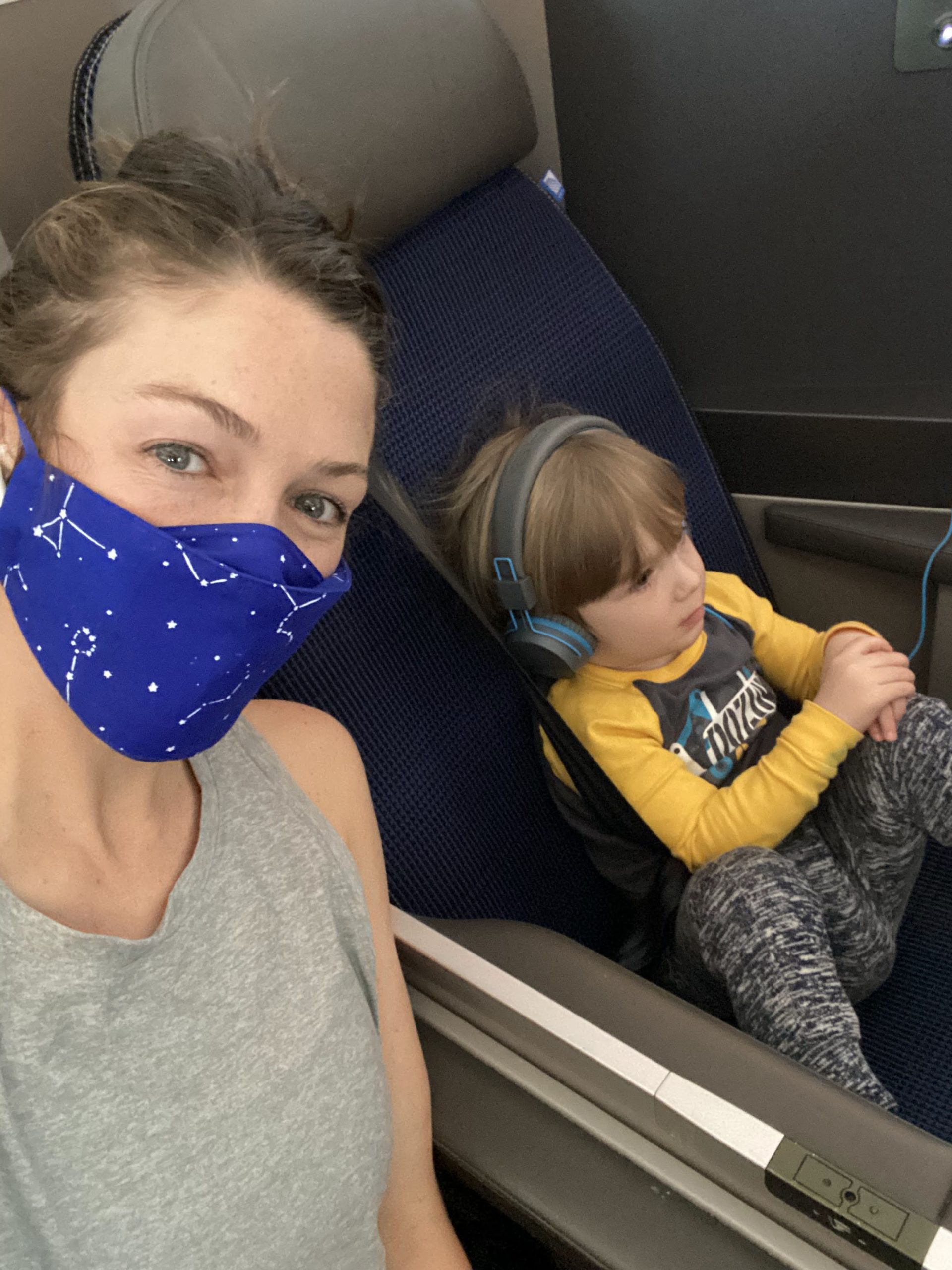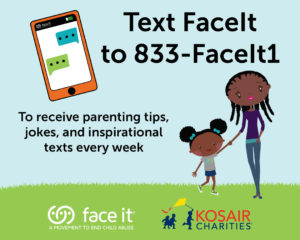
07 Apr YELM: Easing Transitions in Early Childhood
 COVID aside, here’s what my family has been up to since June 2020: Moving across the country; Living/quarantining with my parents for a couple months; Buying a home; Having a second baby; Starting preschool; Moving back across the country; and Starting a new preschool.
COVID aside, here’s what my family has been up to since June 2020: Moving across the country; Living/quarantining with my parents for a couple months; Buying a home; Having a second baby; Starting preschool; Moving back across the country; and Starting a new preschool.
Talk about transitions! It’s been a challenging couple of years to say the least. Luckily, each transition seemed to have gone smoothly for my young children. Here’s a few ways we prepared for and moved through each of these big transitions.
1. Talk about it.
What is the change? When is it happening? How will it happen? It’s tempting to think that young children won’t understand or don’t need to know the details of an impending transition. However, I’ve found that children are best prepared by sharing details. Even children who are not fully verbal benefit in getting a heads up about what’s happening next. (ie., the way you might say “I’m going to pick you up” to an infant before doing it.)
Before our move back across the country, my 2.5-year-old and I spoke often about all the things we’d see and do in our new home. One day, he started asking specific questions about the airport, the plane, and the flight and I realized I’d been skipping right over that part of the trip! “How will we get on the plane? Do planes have doors?” “Who else is going on the plane?” “Who flies the plane?” He needed this information so he could fully imagine the process and feel prepared to do it. And, travel day and the move itself went surprisingly smooth.
2. Name the feelings around it.
Will the change be exciting, scary, sad? We’ve helped our toddler start preschool and then start a new preschool twice this year. Both times, we talked about how it might feel sad when it’s time to hug goodbye at drop off; how exciting it will be to make new friends and play with new toys; and how tired he might feel at the end of the day. We talk about these feelings in a very concrete way. For example, we have said things like, “You might feel so excited that you will want to run or talk loudly!” and “You might feel sad, and you might cry. It’s okay to cry. You’ll be happy again soon because feelings change.”
It’s important to note that you can also talk about your own feelings about the change. Saying, “I’ll be so happy to see you when I pick you up after preschool!” and “I miss our friends and family in our old home and that makes me feel sad.” is
common for us. Both your positive and negative feelings are important to share. More importantly, it’s important for your children to see how you handle those positive and negative feelings.
3. Maintain routines, as much as possible.
Through all the transitions, a few key times in our days remain constant – naptime, mealtime, and bedtime routines. These routines anchor us to our days and ensure that the babies stay fed and rested. * Possibly to the annoyance of some, we even protect these routines during holidays and vacations.
That’s it. As with all parenting tips and advice, take what you need, make it your own, and leave all the rest. I hope your next big (or small) transition feels like a walk in the park
– YELM
*One of the secrets to happy children. And all people, really.
Read more posts by Greta, Your Ever Loving Mother (YELM), as she journals to normalize parenting challenges, joys, and stresses.




